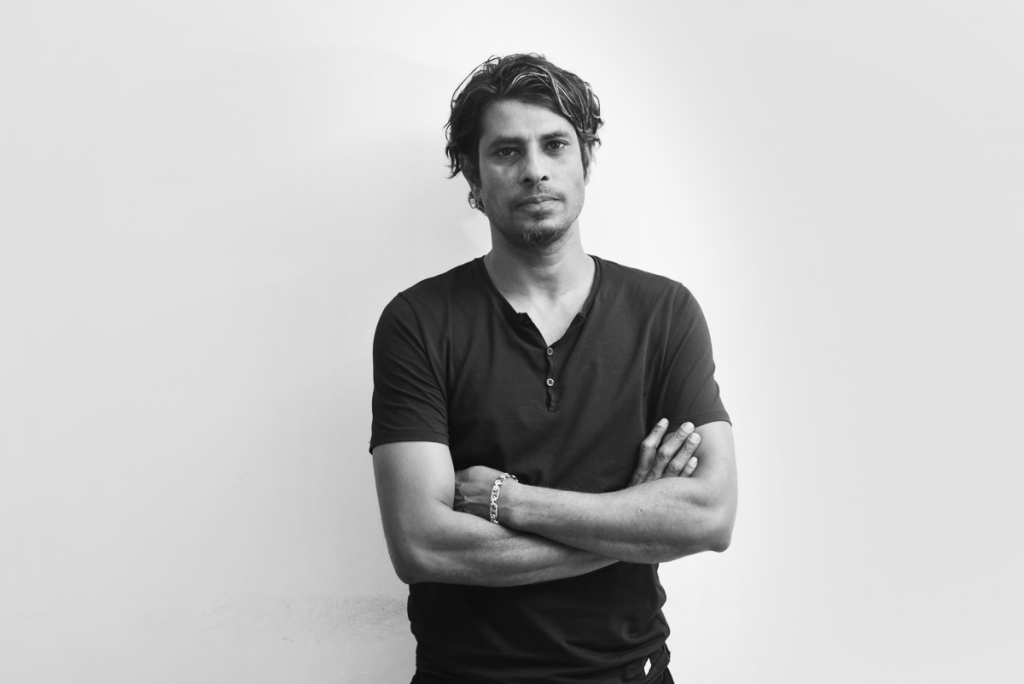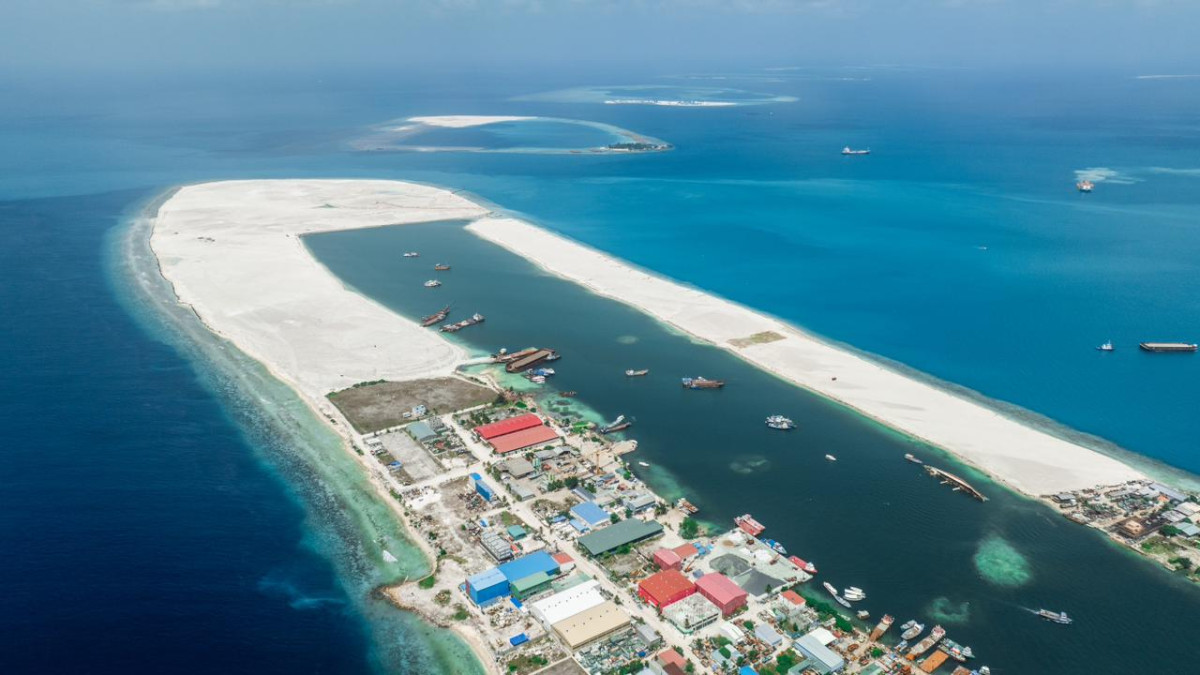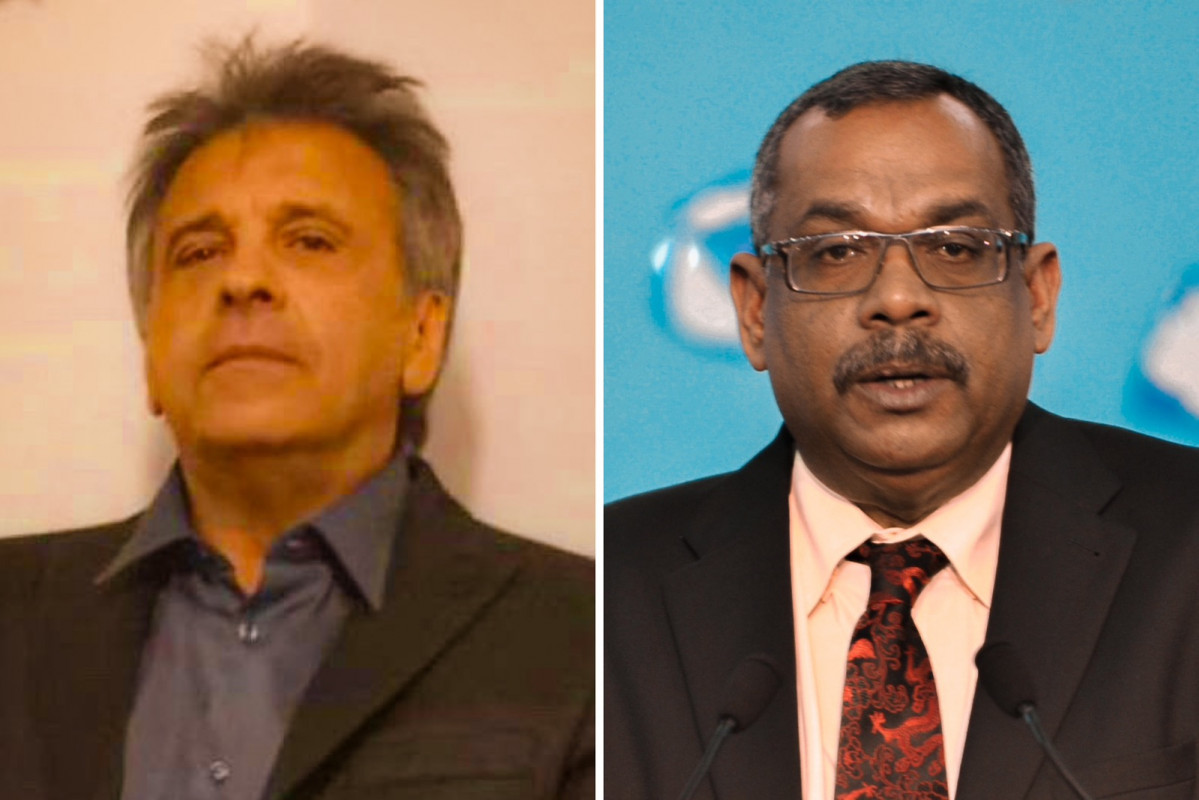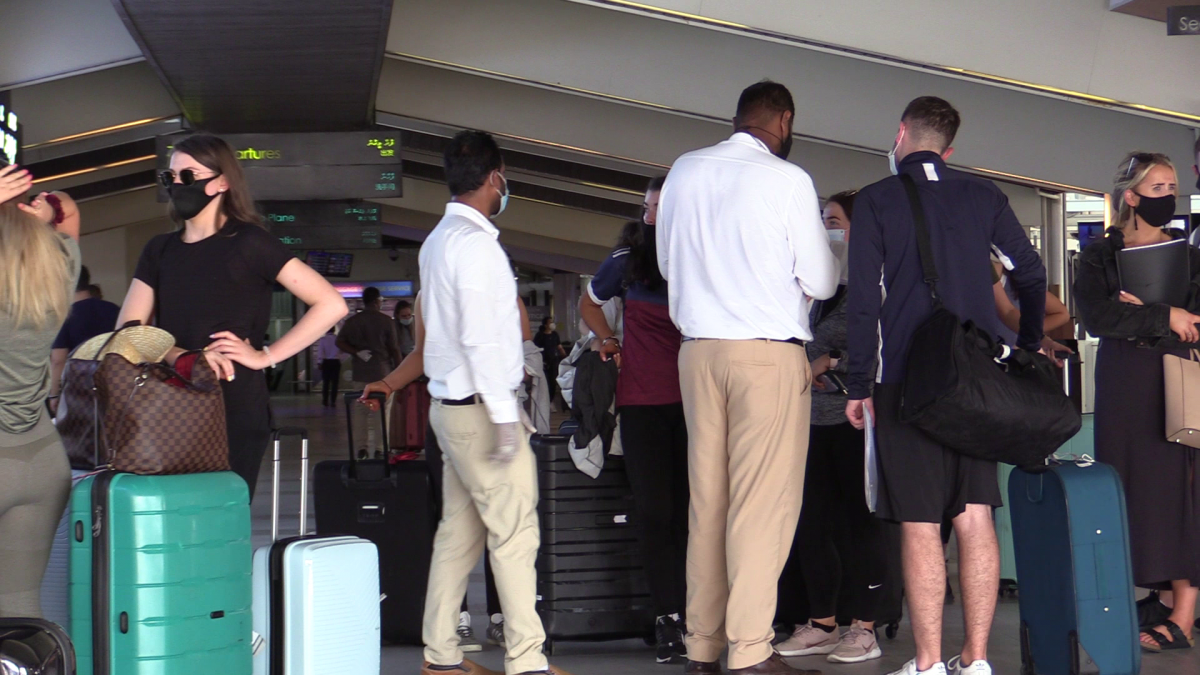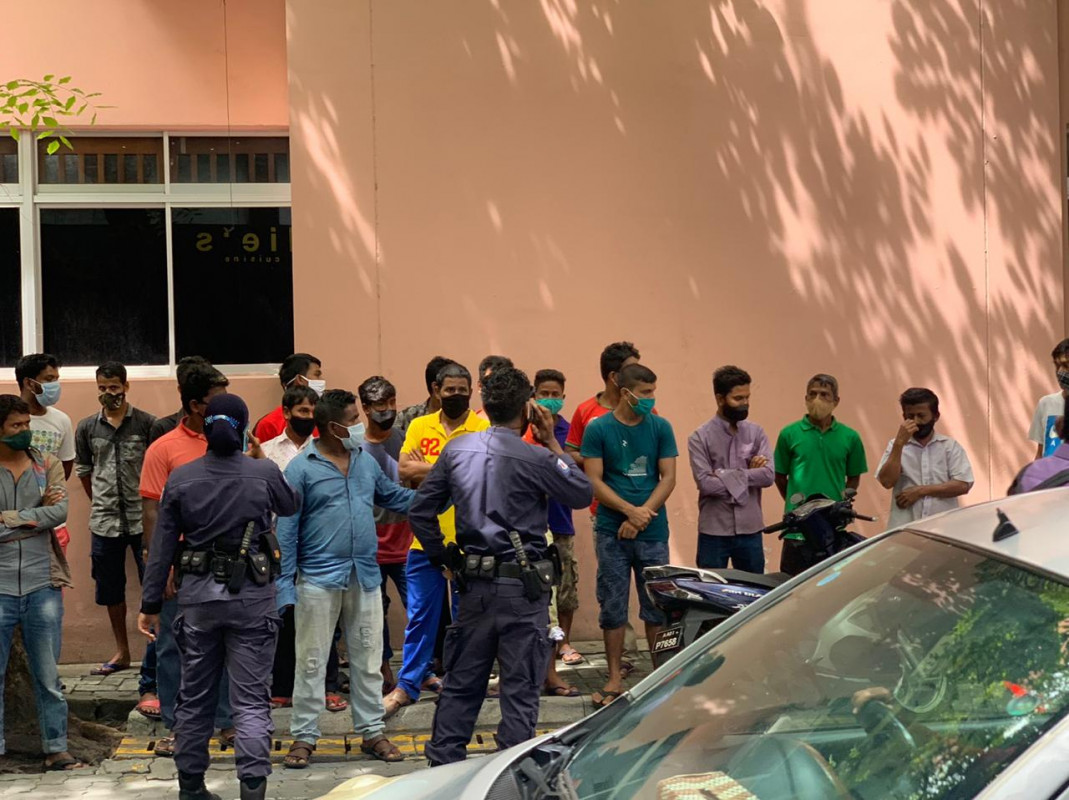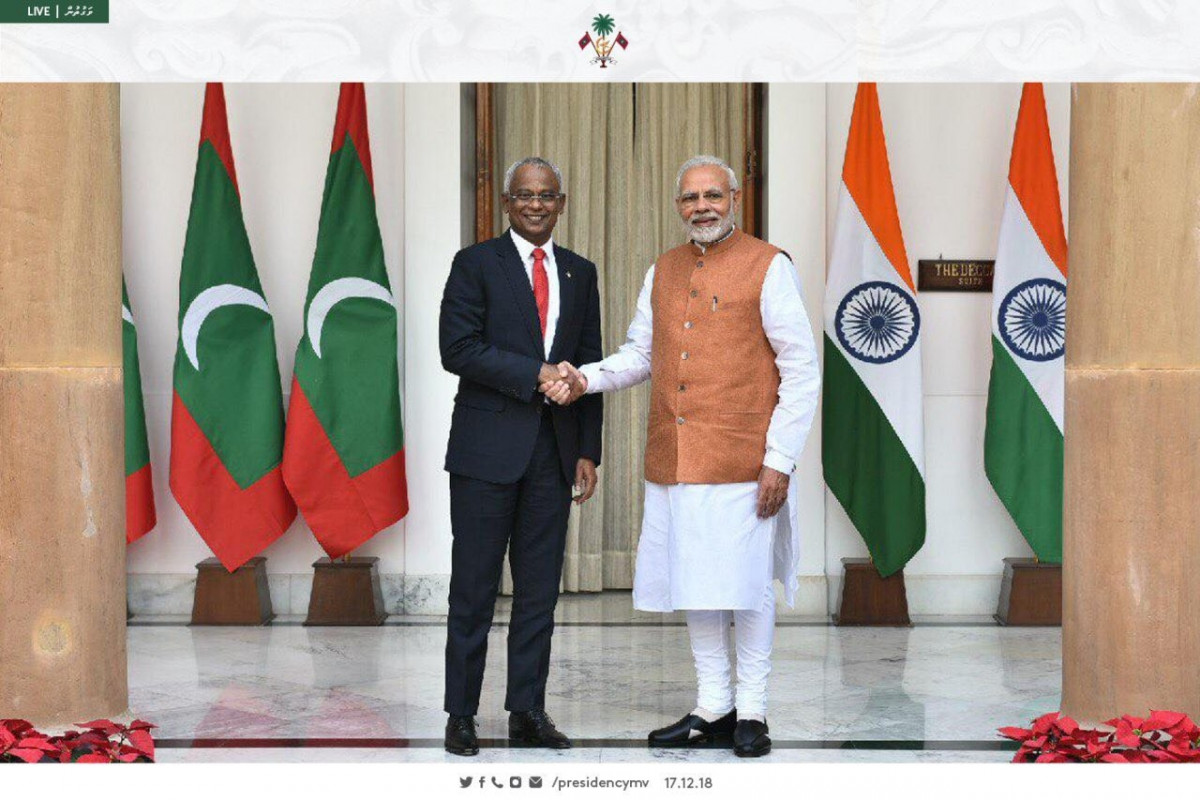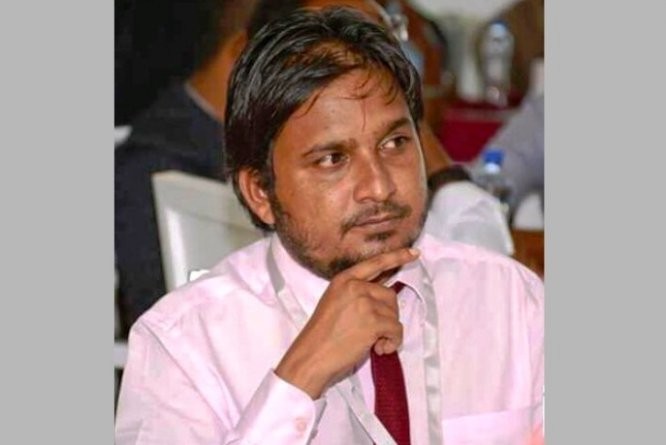Is Maldives headed for another election delay?
Earth provides enough to satisfy every man's needs, but not every man's greed - Mahatma Gandhi

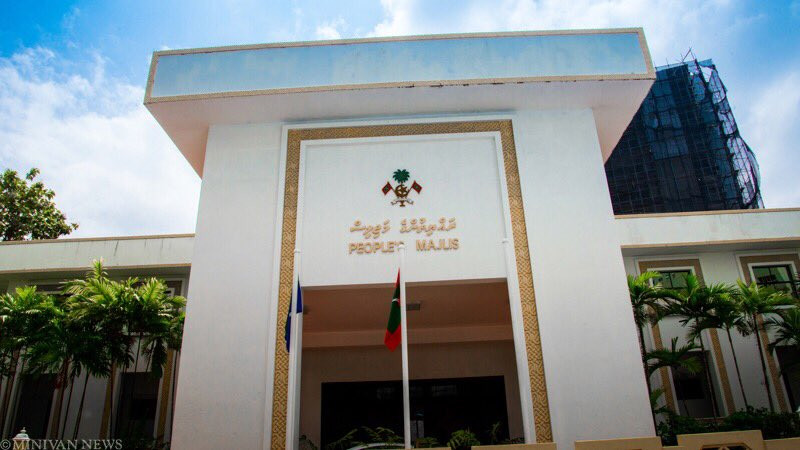
The People\'s Majlis
It is quite obvious why President Ibrahim Mohamed Solih keeps highlighting the importance of reforming the country’s justice system.
The state of Maldives’ judiciary has always been worrying, but it has worsened in recent years; especially during election times.
2013 to now: a summary
Let’s go all the way back to the 2013 presidential elections, which was won undeniably through the courts.
On 27 September 2013, the Supreme Court had annulled the first round of the presidential elections, and a re-run was held in November; the first round was annulled after a complaint by Jumhooree Party leader Qasim Ibrahim, alleging serious irregularities, and the judgment was based on the fact that 5623 votes were cast fraudulently.
Later, while November 11 is known as the presidential inauguration day, the Elections Commission (EC) was unable to hold the second round prior to that, as the Supreme Court postponed it to 16 November after Yameen Abdul Gayyoom claimed he “needed more time to campaign.”
He did the same in 2017, during the Local Council Elections, delaying it by months. This time it was done through the Civil Court, with Yameen’s Progressive Party of Maldives (PPM) claiming than an internal dispute had led to the loss of its database and membership registry.
Yameen also spent his five-year tenure meddling with the courts; arresting politicians, opposition members and possible presidential contenders.
Forced and false...
By the time the 2018 presidential elections came, all then-opposition leaders and possible contenders had been imprisoned, forcing them to rally together and field a common candidate for the election.
Saying that they were forced to rally up is not too far a stretch, if we look into the current state the ruling coalition is in- on the verge of collapsing.
The ruling coalition is led by Maldivian Democratic Party (MDP)’s leader former President Mohamed Nasheed, Jumhooree Party’s Qasim Ibrahim, religious conservative Adhaalath Party’s Sheikh Imran Abdulla and former President Maumoon Abdul Gayoom's Maumoon Reform Movement (MRM); MRM is yet to be officially registered as a party.
Less than five months after their candidate took office, the parties clashed over the upcoming parliamentary elections. The extent of the dispute is shown through their failure to hold the leaders’ monthly meeting since December, despite vowing to do so.
The whole issue arose after MDP’s national congress passed to compete in all constituencies in the parliamentary election, a move that Qasim describes as a violation of the coalition agreement. However, MDP denies that such an agreement ever existed between the parties.
This had led to Qasim joining hands with the man who locked him and his son up, former President Yameen, in the parliamentary elections, and is supporting some candidates of the opposition coalition in April’s election.
Since then, both Qasim and Nasheed have been attacking each other at their respective party rallies, in their attempts to win majority in parliament.
Qasim, the current Maamigilli constituency MP and parliament speaker, is seen to be ‘sabotaging’ the bill to grant powers to presidential commissions, calling off the vote thrice, despite still claiming to be with Solih.
The thirst for power is real
At his campaign rally in Maamigilli on March 24, Qasim- the current Maamiglli MP and parliament speaker- was quick to remind the people that he is not too far away from taking presidency, highlighting that the Constitution allows him to do so. As per the constitution, he is in second place, after the vice president; the current VP is from Jumhooree Party.
He is also the one that spoke on the possibility of the parliamentary elections being delayed, at the same campaign rally, despite the Elections Commission in February announcing that it will be held as originally scheduled.
“I call on my brothers and sisters to vote [for me]. They are now saying that it is April 6, not certain if it will not change. It could change. Might be preponed or postponed,” he said laughingly.
Since then, Yameen has been released from detention. The Criminal Court had in February ordered to keep him detained until the trial on money-laundering allegations against him, concludes. However, High Court had on Thursday released him, saying that the maximum period of detention without a sentence, is 30 days; which expired on March 18.
While there is such a regulation in the country, High Court’s judges bench comprises of the same judges since Yameen’s tenure. Hence, it is a joke that Yameen was released over this, when so many individuals were kept in detention for longer than 30 days, which begs the question; where was this clause then?
Now, there are reports that Yameen is working to delay the parliamentary elections. And how so? Through the courts…
Also, let’s not forget what slipped through Qasim’s mouth after Yameen declared a nation-wide state of emergency after a controversial Supreme Court ruling- “they objected the order we issued on February 1 [2018].”
